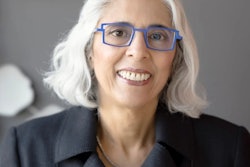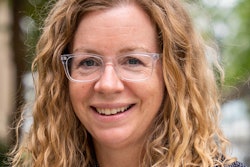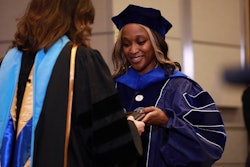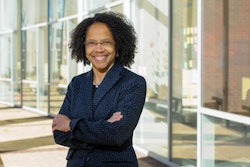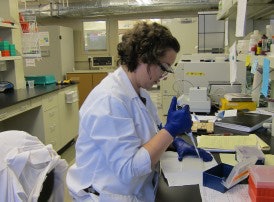 A Bio-Link intern works in a lab.
A Bio-Link intern works in a lab.
Simultaneously, Jackson enrolled in the University of Pacific to finish her bachelor’s in biology and the City College of San Francisco (CCSF), where she entered the community college’s Bridge to Biosciences program. After about a year, she completed both courses of study in 2006.
Since then, Jackson has worked for the biotech company Genentech, currently as a research associate in the Molecular Biology Department. She credits the community college program for her successful transition from a school bus driver to a researcher on the cutting edge of science.
“That was the link that was needed for me to transition into the position I’m in now,” Jackson says. “Most of the credit goes to the instructors who are a part of the program.”
Linking biotech
In 1993, CCSF created what was then called the Biotech program to train technicians for local companies. About 3,000 students have gone through the two-semester certificate program. Of the 60 current students, 27 percent are African-American and 16 percent are Hispanic.
“We really weren’t seeing Hispanics and African-Americans in the biotech program at all before this,” recalls Dr. Edith Kaeuper, who led the team in setting up Bridge. “My job was to broaden the diversity, which is what we have now.”




